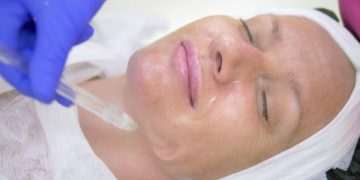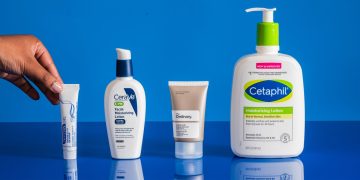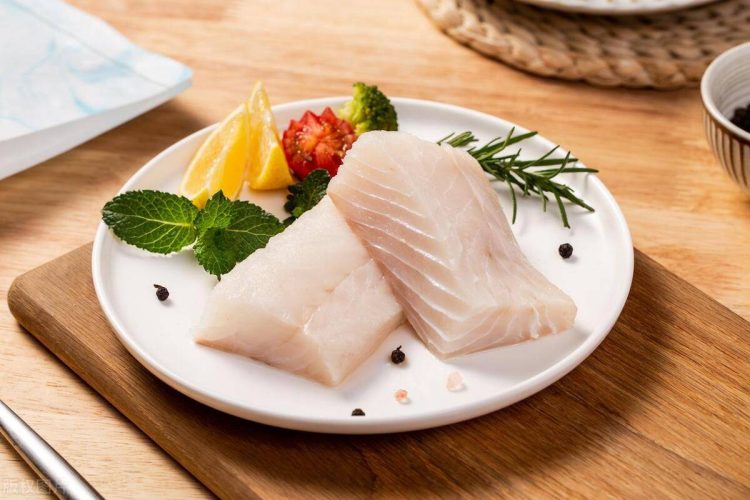Achieving radiant, healthy skin requires more than just topical skincare — it begins with proper internal nourishment. The foods you consume every day have a direct impact on skin texture, tone, hydration, and resilience. A diet rich in key vitamins, minerals, healthy fats, and antioxidants can promote collagen production, reduce inflammation, and support the skin’s natural barrier, leading to a visible improvement in complexion and glow.
This article outlines the science behind the diet-skin connection, highlights the most beneficial nutrients and food sources, and provides practical guidance on how to structure your meals to promote long-term skin health.
1. The Link Between Nutrition and Skin Health
The skin is a dynamic organ composed of cells that require a continuous supply of nutrients to regenerate and function properly. Nutritional deficiencies can quickly manifest in the skin, resulting in dryness, dullness, inflammation, breakouts, or premature aging.
A well-balanced diet influences:
- Collagen and elastin synthesis
- Sebum production and moisture retention
- Skin cell turnover and repair
- Immune defense against environmental damage
- Inflammatory regulation
Scientific studies support that individuals with a diet high in processed foods, refined sugar, and saturated fats are more likely to experience inflammatory skin conditions like acne, eczema, and psoriasis.
2. Essential Nutrients That Support a Natural Glow
Vitamin C
Vitamin C is a potent antioxidant that helps neutralize free radicals, promotes collagen production, and supports skin healing.
Sources: Citrus fruits, kiwi, red bell peppers, strawberries, broccoli
Benefits: Brightens complexion, reduces hyperpigmentation, supports firm, youthful skin
Vitamin E
Vitamin E is a fat-soluble antioxidant that protects cell membranes from oxidative stress and maintains skin hydration.
Sources: Almonds, sunflower seeds, avocados, spinach, hazelnuts
Benefits: Improves skin texture, protects against UV-induced damage, supports wound healing
Omega-3 Fatty Acids
Omega-3s help maintain the lipid barrier of the skin, preventing moisture loss and reducing inflammation.
Sources: Fatty fish (salmon, mackerel), flaxseeds, chia seeds, walnuts
Benefits: Calms redness, improves elasticity, reduces acne-related inflammation
Zinc
Zinc plays a crucial role in cell regeneration, immune function, and oil regulation.
Sources: Pumpkin seeds, oysters, lentils, quinoa, chickpeas
Benefits: Reduces acne, speeds up skin healing, supports healthy oil production
Beta-Carotene and Vitamin A
Beta-carotene converts to vitamin A in the body, which regulates skin cell production and acts as a natural sun protectant.
Sources: Carrots, sweet potatoes, kale, spinach, mangoes
Benefits: Promotes even skin tone, prevents dryness, supports cell turnover
Collagen and Protein
Protein provides the amino acids necessary for collagen and elastin production, which keep skin firm and resilient.
Sources: Eggs, poultry, legumes, tofu, bone broth
Benefits: Enhances firmness, supports skin structure, reduces wrinkles
3. Foods That Promote Radiant Skin
Building a diet for healthy skin involves regularly incorporating whole, unprocessed foods that are naturally rich in the nutrients listed above.
Recommended foods:
- Berries: High in antioxidants and fiber; help combat oxidative stress.
- Avocados: Contain healthy fats and vitamin E; hydrate and soften the skin.
- Leafy Greens: Kale, spinach, and chard are rich in chlorophyll, iron, and vitamins.
- Tomatoes: Contain lycopene, an antioxidant that protects against UV damage.
- Nuts and seeds: Rich in vitamin E, zinc, and omega-3s.
- Green tea: Contains EGCG, a polyphenol that reduces inflammation and protects against collagen breakdown.
- Cucumbers: High water content and silica support hydration and elasticity.
4. Foods That May Harm Skin Appearance
Some dietary habits can contribute to inflammation, hormonal imbalance, and oxidative stress, which impair the skin’s natural healing and defense mechanisms.
Foods to limit or avoid:
- Refined sugars and carbohydrates: Cause insulin spikes that increase oil production and inflammation.
- Processed foods: Often high in sodium, trans fats, and additives.
- Excess dairy: May trigger acne in some individuals due to hormones and inflammatory proteins.
- Fried foods and hydrogenated oils: Promote free radical production and degrade collagen.
- Excess alcohol: Dehydrates the skin and disrupts nutrient absorption.
5. Hydration and Skin Radiance
Water is essential for maintaining skin elasticity, regulating temperature, flushing out toxins, and transporting nutrients. While topical moisturizers help externally, internal hydration is critical for overall skin function.
Hydration strategies:
- Drink 1.5–2.5 liters of water per day, depending on activity level and climate.
- Include hydrating foods such as watermelon, cucumber, celery, and oranges.
- Use herbal teas like chamomile or rooibos for added antioxidants and hydration.
6. Gut Health and the Skin
An imbalanced gut microbiome can lead to systemic inflammation, which is often reflected in the skin. Poor digestion and gut permeability (leaky gut) are linked to acne, eczema, rosacea, and other skin conditions.
To support gut health:
- Include probiotics: yogurt, kefir, kimchi, miso, sauerkraut
- Eat prebiotic fibers: garlic, onions, leeks, oats, bananas
- Choose whole grains and reduce processed foods
- Drink bone broth for gut lining support

7. Anti-Inflammatory Dietary Approach
A long-term anti-inflammatory diet can prevent premature aging and chronic skin irritation. Key principles include eating whole foods, balancing blood sugar, and avoiding inflammatory triggers.
Diet components:
- Lean proteins (fish, legumes)
- Whole grains (quinoa, brown rice)
- Omega-3 sources (fish, seeds)
- Polyphenol-rich fruits and vegetables
- Olive oil and nuts for healthy fats
- Herbs and spices like turmeric, ginger, and cinnamon
8. Sample One-Day Glowing Skin Meal Plan
Breakfast
Oatmeal with chia seeds, blueberries, and sliced almonds
Green tea
Lunch
Quinoa salad with chickpeas, cucumbers, cherry tomatoes, arugula, and lemon-olive oil dressing
Glass of water with lemon
Snack
Carrot sticks with hummus
Handful of walnuts
Dinner
Grilled salmon with roasted sweet potatoes and steamed spinach
Herbal tea (peppermint or chamomile)
9. Additional Tips for Long-Term Skin Health
- Avoid crash diets that deprive your skin of nutrients
- Reduce caffeine intake if it dehydrates you
- Maintain consistent mealtimes to support digestion and hormone balance
- Incorporate physical activity to improve circulation and detoxification
- Get sufficient sleep to allow skin repair and regeneration
Conclusion
Glowing skin is not the result of a single miracle product, but the outcome of a balanced lifestyle and consistent dietary habits. By emphasizing nutrient-dense whole foods, staying hydrated, supporting gut health, and minimizing processed or inflammatory ingredients, you create the optimal internal environment for skin to thrive.
Diet is not a quick fix, but over time, it becomes one of the most powerful and lasting ways to nourish and transform your skin from the inside out.












































